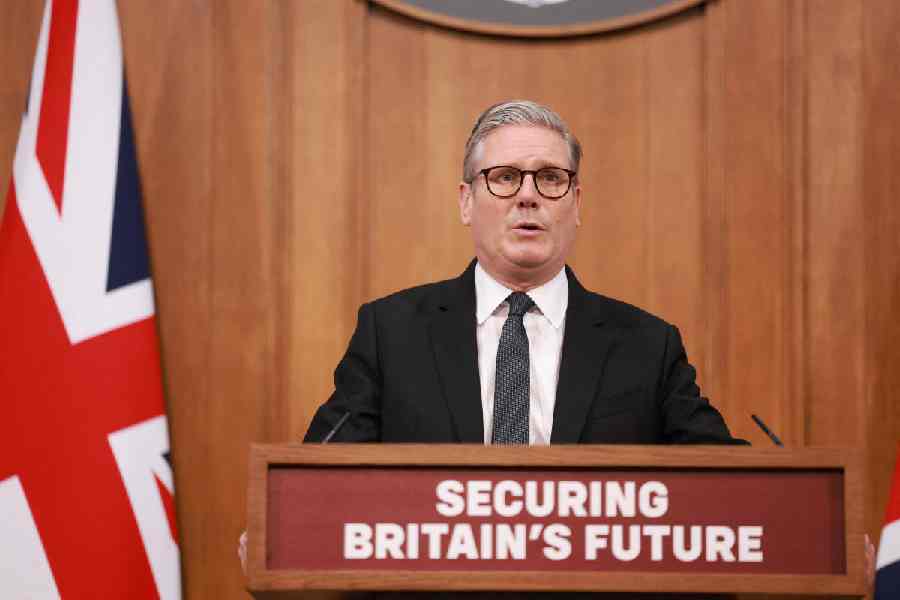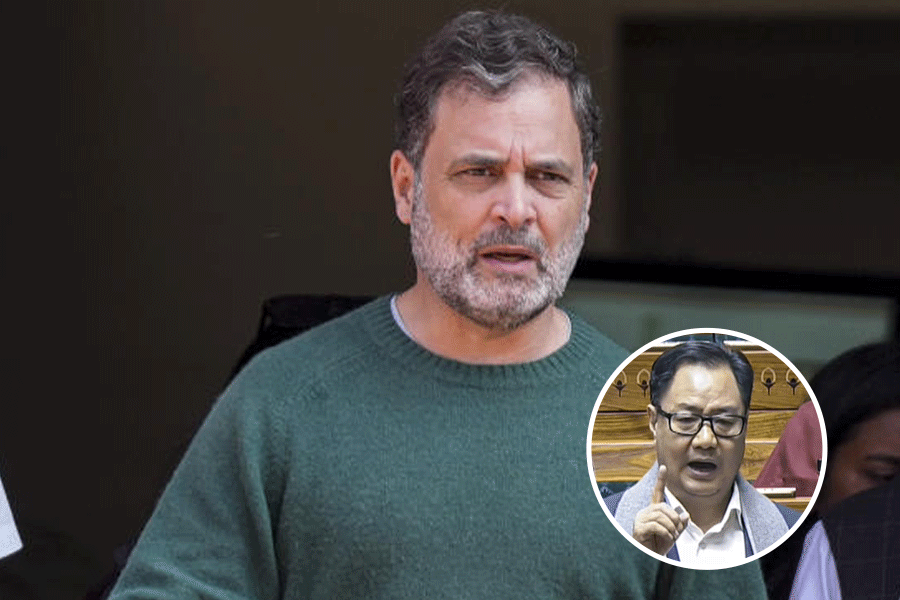Britain’s government on Monday promised to tighten migration rules and make it harder for newcomers to permanently stay in the country, in a sign of the increasing political pressure on Prime Minister Keir Starmer to cut immigration numbers.
Under the plans, visas for some lower skilled workers would be reduced, language requirements for immigrants raised and the length of time needed for most newcomers to qualify for citizenship or the right to stay permanently would double, from five years to 10.
In a speech from Downing Street, Starmer, who leads the governing Labour Party, accused his predecessors of allowing immigration to run out of control and effectively creating an experiment with open borders.
“Today this Labour government is shutting down the lab. The experiment is over. We are taking back control of our borders,” he said, adopting the slogan used by pro-Brexit campaigners ahead of Britain’s referendum on leaving the EU in 2016.
The measures announced on Monday relate only to legal immigration. Previous Conservative leaders promised to cut immigration to specific targets, beginning with Prime Minister David Cameron, who notoriously pledged to get net migration down from hundreds of thousands a year to the “tens of thousands”, a policy that he never delivered on and which became a political liability for his party.
Partly as a result of that, Starmer’s plan includes no concrete targets for the number of legal immigrants who will be allowed each year, instead opting for a broad pledge.
“Make no mistake, this plan means migration will fall, that’s a promise,” Starmer said from Downing Street, adding that if ministers need to take further steps to release pressure on housing and public services, then “mark my words, we will.”
The crackdown contains some risks for the government at a time when the economy is flatlining, cracks are visible in the care system for the elderly, and some employers are complaining about labour shortages. But Starmer rejected the argument that large-scale immigration by definition promoted economic growth.
His hardening stance reflects how migration is once again a hot-button issue in Britain. Earlier this month, Nigel Farage, leader of the anti-immigration Reform UK party, won a significant victory in regional and mayoral elections — marking a big setback for Starmer’s Labour Party and the Conservatives.
Immigration was a big theme during the 2016 referendum in which 52 per cent of Britons voted for Brexit. Some of the biggest advocates for Brexit, Boris Johnson and Farage, promised to “take back control” of migration policy if Britain quit the EU.
New York Times News Service










